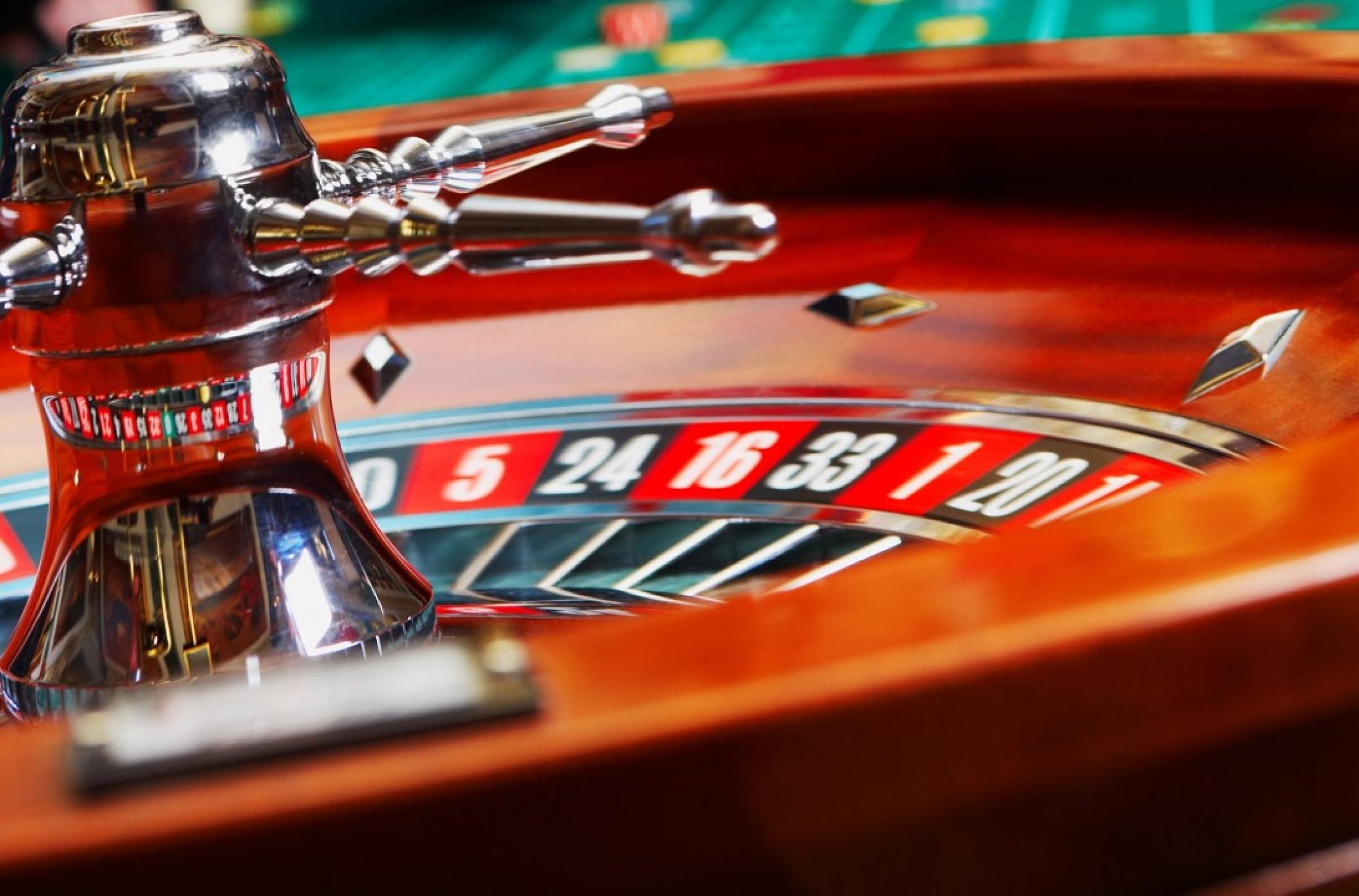Embark on Your Online Slot Adventure: A Beginner's Guide
-

- By Admin

The realm of entertainment has seen many shifts over various decades, but few have captured the creativity and excitement of players like gambling games. Originating in the bustling halls of Las Vegas, Nevada and Atlantic City, these games have moved beyond borders and societies, becoming a worldwide phenomenon. Debet Whether in the bright lights of a mega-resort to the comfort of virtual platforms, the allure of gambling games is irrefutable, drawing millions into a world of luck and strategy.
As an increasing number of nations accept betting in various forms, the influence of American casino games is evident. They have not only influenced local gambling markets but have also sparked countless adaptations and innovations worldwide. Classic games such as the poker and blackjack, along with new variations, have created a common dialect of entertainment that connects across varied populations. The combination of gambling risks, reward, and social engagement found in these activities fosters a unique sense of belonging, further solidifying their place in the global entertainment landscape.
American casino gambling activities have a rich and colorful past that mirrors the cultural evolution of the U.S.. The beginnings of these games can be linked back to multiple European gambling traditions brought over by settlers. Activities like poker, blackjack, and roulette found their way into the mosaic of U.S. society in the 1800s century, achieving popularity in saloons and riverboats. These venues offered the ideal backdrop for community interaction and rivalry, laying a strong foundation for casino gaming as we recognize it today.
As the country expanded westward, gambling developed alongside it. The Gold Rush era in the mid-1800s witnessed the rise of gambling communities such as Deadwood, South Dakota and Tombstone, Arizona, where games were played with high stakes, often punctuated by an air of disorder. This time paved the way for the establishment of casino games in the early 20th century, especially with the establishment of Las Vegas as a gambling center. The construction of opulent casinos transformed the gaming landscape, creating an atmosphere where gambling activities could flourish and attract tourists from across the world.
In recent decades, the legalization of casino gaming in various states has additionally expanded the variety of games available. American casinos now feature a combination of classic games and innovative offerings that cater to modern players. This expansion has allowed for a distinct blend of old and new, facilitating the ongoing development of casino gaming culture in the U.S.. The global impact of these games has also led to their inclusion into global gambling industries, demonstrating the lasting impact of U.S. casino games across the globe.
The growth of American gambling titles has marked a significant change in the global gaming landscape. With their appeal crossing boundaries, these titles have captivated players around the globe. From Texas Hold'em tournaments to fruit machines, American styles have found a home in many international casinos. This transfer of culture emphasizes how versatile and compelling these games are, tailoring to local preferences while preserving their classic American charm.
Moreover, the influence of these titles extends beyond conventional gambling venues. Digital platforms have played a pivotal role in popularizing U.S. gambling titles, making them accessible to players globally. The convenience of online gaming has brought millions to opportunities that were once confined to brick-and-mortar casinos. Players can now enjoy their favorite titles from anywhere, creating a fresh wave of excitement and growing the gamer base considerably.
This widespread acceptance is also seen in the integration of American casino games into local cultures. Countries that have adopted these games often host their own adaptations and tournaments, blending local traditions with U.S. gambling traditions. This fusion not only enhances the gaming journey for players, but it also highlights the strong impact that U.S. casino games have on both leisure and social engagement across various societies.
Gambling games have undergone significant changes as they expanded across different cultures. Each region has absorbed features of U.S. gambling while adding its own traditions and habits. For instance, the rise of online casino sites has allowed for the inclusion of local flavor into classic games like Texas Hold'em and 21. Gamblers now enjoy versions that include regional wagering styles and unique rules, making the games more relatable and welcoming for different crowds.
In many nations, the popularity of gambling games has led to the development of localized versions that reflect cultural aspects and narratives. This adaptability has paved the way for innovative game design that resonates with gamblers on a personal level. Slot machines, for instance, now feature imagery and sounds that celebrate local traditions, legends, and pop culture, which in turn enhances the gaming experience and promotes a sense of belonging among players.
Furthermore, the worldwide impact of U.S. casino games has inspired new game styles and hybrid styles. Some establishments have combined traditional betting with entertainment elements, such as live shows or interactive tech, resulting in a more engaging experience. These developments not only attract a wider crowd but also ensure that the essence of gaming continues to evolve, connecting gaps between diverse cultures while preserving the thrill that casino games are known for.




